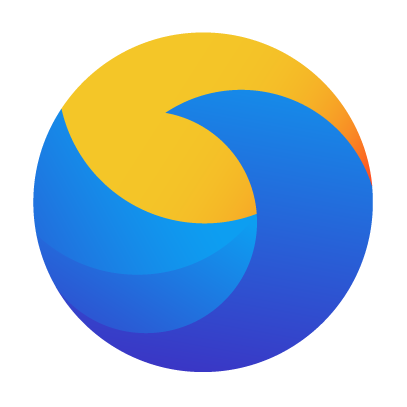Internship @ SeaQL
SeaQL.org offer internships tailored to university students. In fact, it will be the 3rd cohort in 2023.
The internships normally take place during summer and winter semester breaks. During the internship period, you will work on a project dedicatedly and publish the project’s outcome at the end.
The striking aspect of our mode of operation is it covers the entire lifecycle of software development, from Design ➡️ Implementation ➡️ Testing ➡️ Delivery. You will be amazed of how much you can achieve in such a short period of time!
To date StarfishQL ✴️ and Seaography 🧭 are great projects our team has created in the past year. We pride ourselves on careful planning, consistent execution, and pragmatic approach in software engineering. I spend a huge amount of time on idea evaluation: if the scope of the project is too small, it will be uninteresting, but if it is too large, it will fail to be delivered.
Fellow undergraduates, here are a few good reasons why you should participate in internships at an open-source organization like SeaQL:
- A tangible showcase on CV: open-source work is published, inspectable and has real-world impact. We will also ensure that it has good branding, graphics, and visibility.
- Not driven by a business process, we do not compromise on quality of work. We do not have a proprietary development process, so it’s all open-source tools with transferable skills.
- You will contribute to the community and will interact with people across the world. Collaboration on open source is the best thing humanity ever invented. You will only believe me when you have experienced it first-hand.
- Because you are the driver of the project you work on, it allows you to uncover something more about yourself, in particular - abilities and discipline: you always have had under/over-estimated yourself in one aspect or another.
Here are several things you are going to learn:
- "Thinking > Programming": the more time you spend on thinking beforehand, the better the code you are going to write. And the more time you spend on reviewing afterwards, the better the code is going to be.
- How to organize a codebase. Make good use of the Rust type system to craft a modular, testable codebase.
- Test automation. Every SeaQL project is continuously tested, and this is an integral part of our engineering process.
- Documentation. Our software aims to provide good documentation that is comprehensive, easy to follow, and fun to read.
- Performance tuning. Depending on the project, we might do some benchmarking and optimization. But in general we put you off from writing code that creates unnecessary overhead.
We were a mentor organization in GSoC 2022 and may be in 2023 (update: we were not accepted into GSoC 2023). We also offer internships outside of GSoC. So, what are the requirements when you become a contributor?
- Be passionate. You must show your passion in open-source and software engineering, so a good GitHub profile with some participation is needed.
- Be dedicated. This is a full-time job. While being fully remote and flexible on hours, you must have no other commitment or duties during the stipulated internship period.
- Be open-minded. You should listen carefully to your mentors and act on their advice accordingly.
- Write more. Communicate your thoughts and progress on all channels in an organized manner.
Don’t just listen to me though. Here is what our past interns says:
- Sanford Pun - in the team that created StarfishQL ✴️: Interning at Vision Cortex and SeaQL
- Panagiotis Karatakis - in the team that created Seaography 🧭: My GSoC Experience
Be well-prepared for your upcoming career in this technology industry! Follow us on GitHub and Twitter now, and stay tuned for future announcements.
